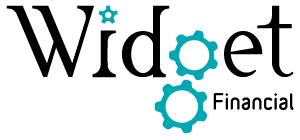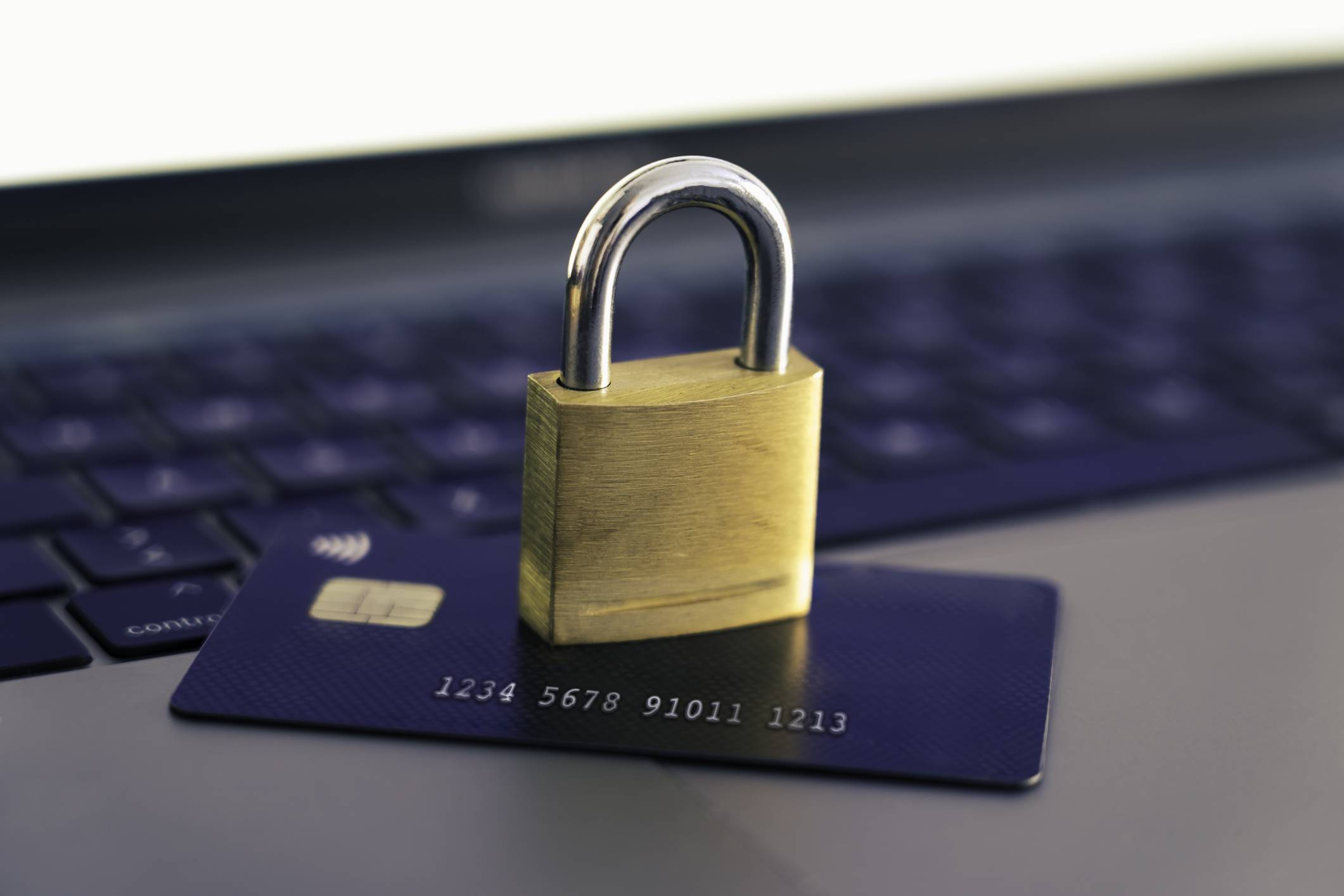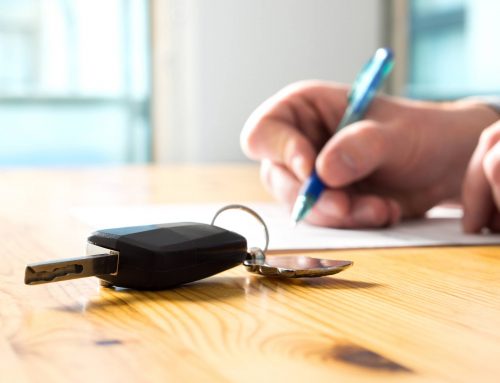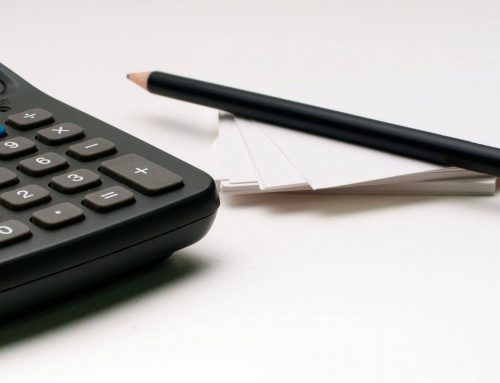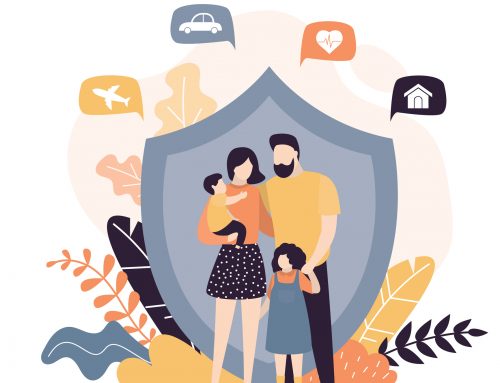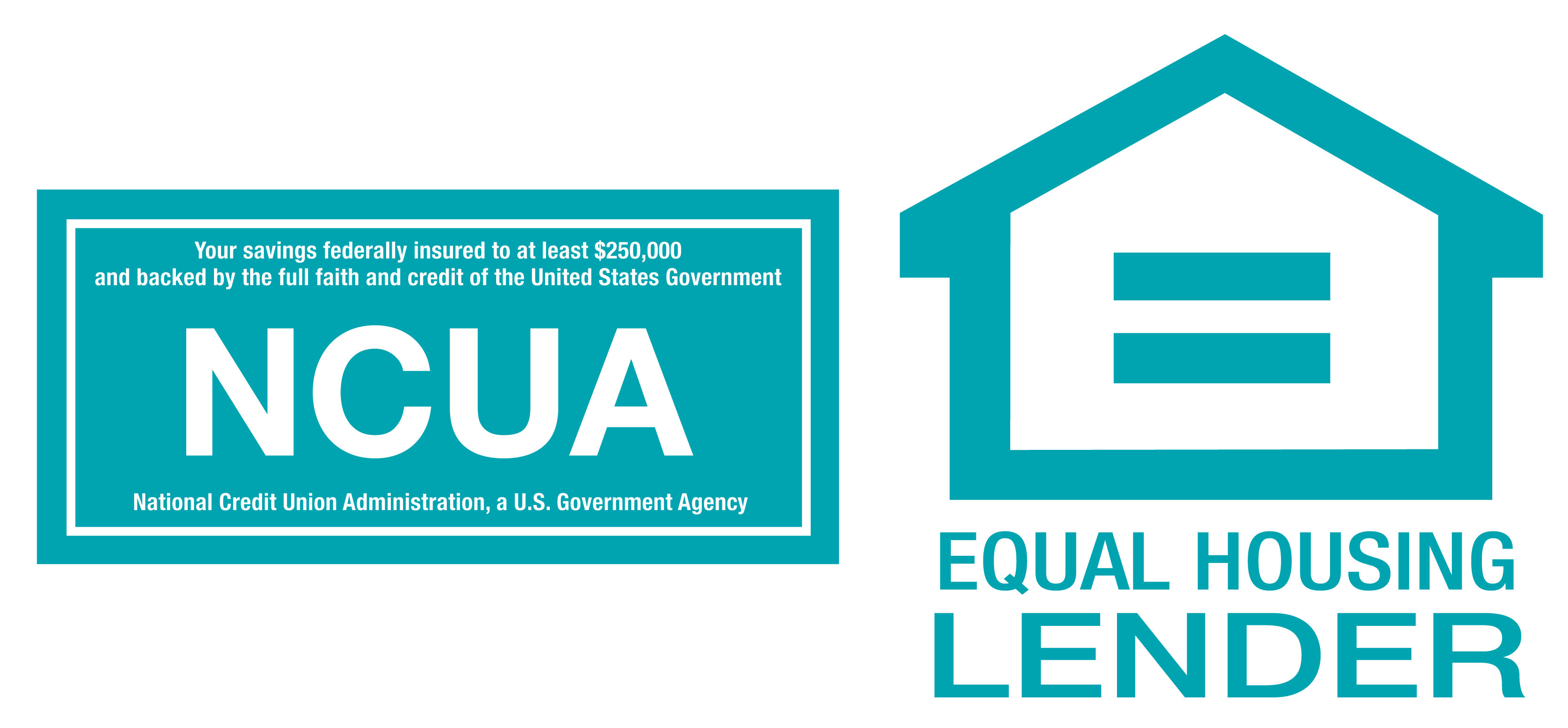Not-so-fun fact: In 2023, online payment fraud led to global losses of over $48 billion, with North America being the hardest hit, responsible for 42% of those losses. The main culprits? A vast volume of data breaches and the broad availability of stolen credit card information.
As online shopping continues to grow, so do the risks associated with digital payments, underscoring the importance of adopting safe online shopping practices.
Start with a Safe Connection
When you’re shopping online, be mindful of where you’re connecting from. Public Wi-Fi is convenient when you’re out and about, but it’s also a playground for digital theft. Stick to your home network or use your mobile data when entering sensitive information.
If you’re often on the go, consider using a virtual private network (VPN) to add a bit of privacy and security. A VPN encrypts your data, making it harder for someone lurking on a public network to grab your personal info.
Pro Tip: Before you enter any payment details, always check for the little padlock symbol and “https” in the website’s URL. It’s a simple way to make sure the site is secure.
Use Trusted Payment Platforms
Another way to secure your digital wallet is by using trusted payment methods like PayPal, Apple Pay, or Google Pay. These platforms add an extra layer of protection and often come with buyer protection if something goes sideways. Plus, your card info stays hidden behind a digital wall (“tokenization”), which means even if the website you’re shopping on isn’t super secure, your actual card details aren’t exposed.
Turn On Multi-Factor Authentication (MFA)
You know when you log in somewhere, and the site asks for a code sent to your phone? That’s multi-factor authentication (MFA), and it’s one of the easiest ways to protect your financial information online. With MFA, even if someone has your password, they won’t be able to access your account without this second layer of verification.
Most banks, credit cards, and digital wallet platforms now offer MFA, and it’s easy to set up. It only takes a moment but could save you hours of headaches if your account is ever targeted.
Update Your Passwords (And Use a Password Manager)
We all hate password juggling, but they’re your first line of defense. If you’re still using your dog’s name or “password123,” consider this your reminder for an upgrade. Strong, unique passwords are key to digital wallet security. And if you’re worried about remembering them all there are password managers that’ll do the heavy lifting for you.
Password managers create and store strong, unique passwords for each account, so you don’t have to remember a million different variations. And don’t forget to update your passwords regularly, especially for accounts tied to your finances.
Pro Tip: If you haven’t already, make sure MFA is turned on for any account where you store payment info—think bank apps, PayPal, or your favorite online retailers.
Monitor Accounts and Watch for Phishing Scams
Staying on top of your bank and credit card accounts is the easiest way to detect fraud early. Make it a habit to check your transactions each week for anything unusual. To make life easier, set up real-time alerts with your bank, so you’re notified whenever a purchase is made on your account.
Also, be cautious of phishing scams, where fake emails or texts try to trick you into sharing personal info. If you get a suspicious message from a retailer or bank asking for sensitive details, it’s best to avoid clicking any links—if it feels off, trust your gut.
Avoid Saving Payment Info on Retailer Sites
It’s tempting to save your payment info on your favorite shopping sites to make checkout faster, but this can be a weak link in your security chain. While major retailers tend to have strong security, smaller or less reputable websites may not. As an alternative, stick to using trusted payment platforms (like PayPal or Apple Pay) to avoid having your card info stored on multiple sites.
